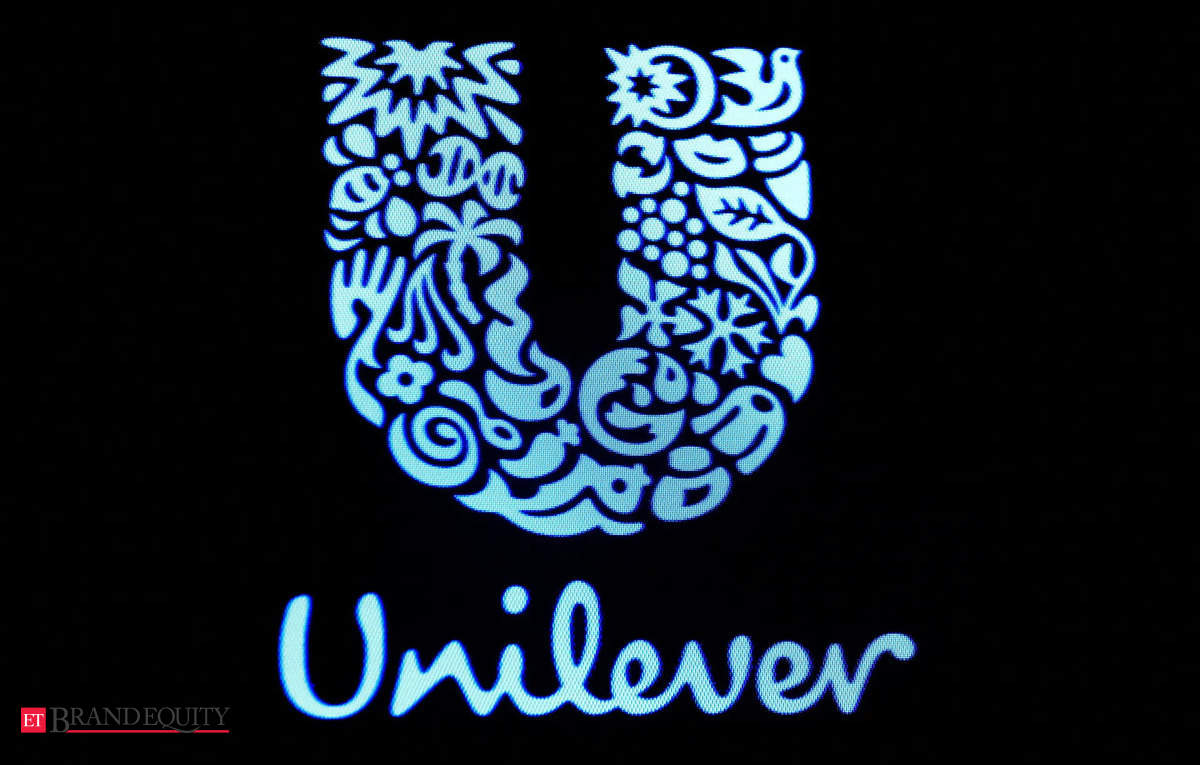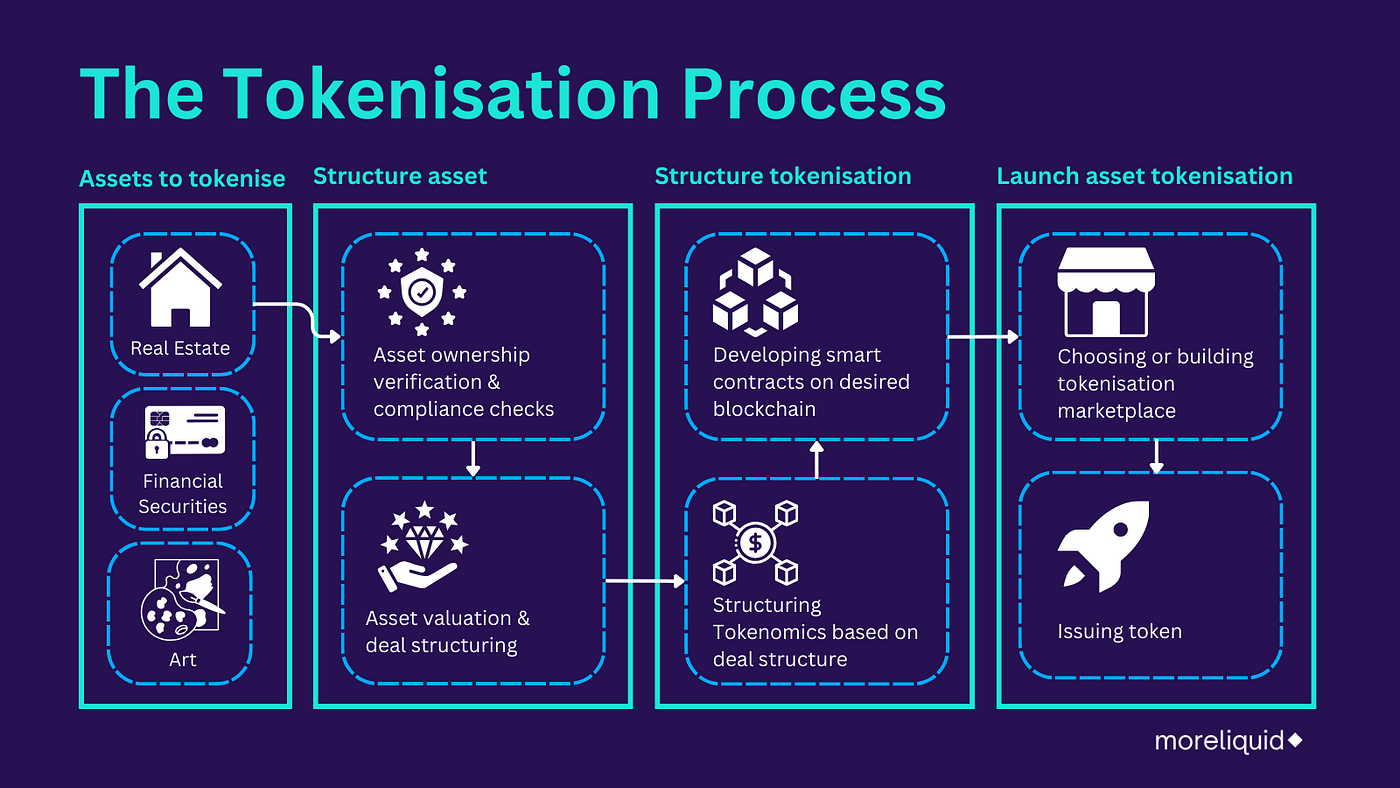To many, the ongoing Covid-19 pandemic still seems like a long nightmare; whereas to others, the novel virus appears like a ferocious beast on the loose beyond human control. Despite its frightening reality, in a few months from now, the world is going to be divided into two: pre-coronavirus and post-coronavirus world. In the post-coronavirus world, the way we think, live, work, shop, as well as the way we go about our everyday lives is definitely going to shift even after the virus is under control.
Specifically, the decisions and actions of brands and businesses during the pandemic will determine whether they will sink or swim in the post-covid-19 economy.
If there is any time that brands need to live their purpose and also demonstrate that the same purpose is bigger than them, and goes beyond providing goods and services and increasing bottom line, that time is now.
Expectedly, rather than think instant profit, future-fit brands are thinking about how to use their brands and marketing communications for public good. With nations on lockdowns, the voices of brands through their marketing communications are trying to provide a beacon of hope in time of crisis instead of increasing the bottom line.
An incredible example of such brand communication message is Unilever’s Lifebuoy public service advertisement which pointed people to other soap brands, such as Dettol, which are sold by competitor, Reckitt Benckiser, as an alternative to their own brand.
The advert unequivocally communicates brand confidence and leadership by putting people before profit. It clearly demonstrates that if there is any time a brand should prove its reason for being, that time is now.
During an exclusive interview with MARKETING EDGE, Paul Ugoagwu, Managing Director/Chief Executive Officer, STB-McCann, Lagos posited that brands should be kind and sensitive in their creative messages, adding that the lockdowns in key cities were opening up fresh digital opportunities for brands to engage captive audiences. “Keeping the target audience continually engaged has the advantage of top-of-the-mind .Depending on their message, such brands could use CSR as a strategy for maintaining their share of voice,” he said.
Mr. Ugoagwu, however, noted that only proactive practitioners would be able to survive and lead in the post-Covid-19 integrated marketing communications sub-sector. “For sectors capable of quick recovery post Covid-19, the work starts now. Advertising people should prepare and indeed lead a post Covid-19 cultural shift in terms of professional practice.”
Change, they say, is the only constant element. Changes had taken place during the pre-lockdown global market, and more changes are going to take place in the post-lockdown world. Without a doubt, only brands that think about what changes they can make and how they are going to deliver their products or services differently will make it in the post-Covid world. In other words, they might be offering something different to the same market or to a new market.






Comment
No comments found.